
Loading...
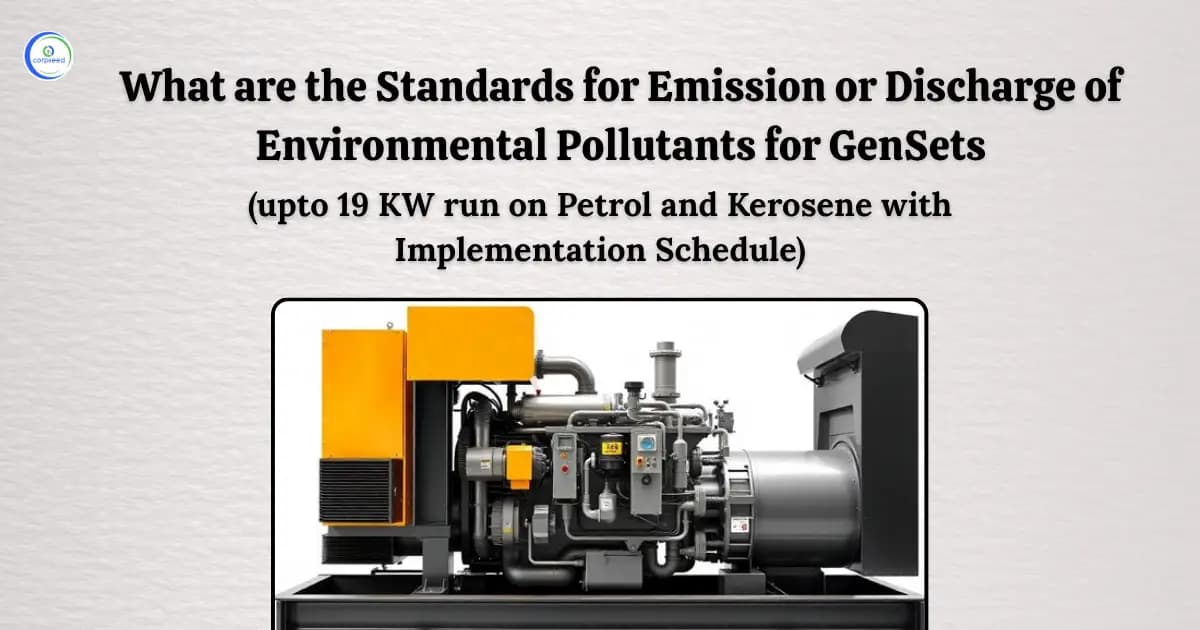
The use of generator sets (GenSets) has become essential in both industrial and residential applications, especially in those areas where there is an unreliable supply of electricity.
About the Author

Parul Bohral, a BALLB graduate and experienced legal researcher and content writer with expertise in various legal areas, including corporate law and intellectual property. I have gained valuable experience in esteemed legal environments, where I have strengthened my research skills, allowing me to approach legal writing with precision and depth.
As a legal content writer, I am committed to delivering work that not only informs but also engages readers. By staying informed about the latest trends in content marketing and regulatory developments, I ensure that my writing remains sophisticated and meets industry standards. My dedication to thorough research enables me to craft content that is both insightful and impactful.
Related articles
.webp&w=1536&q=75)
What is Environment Protection License?
2026-02-13
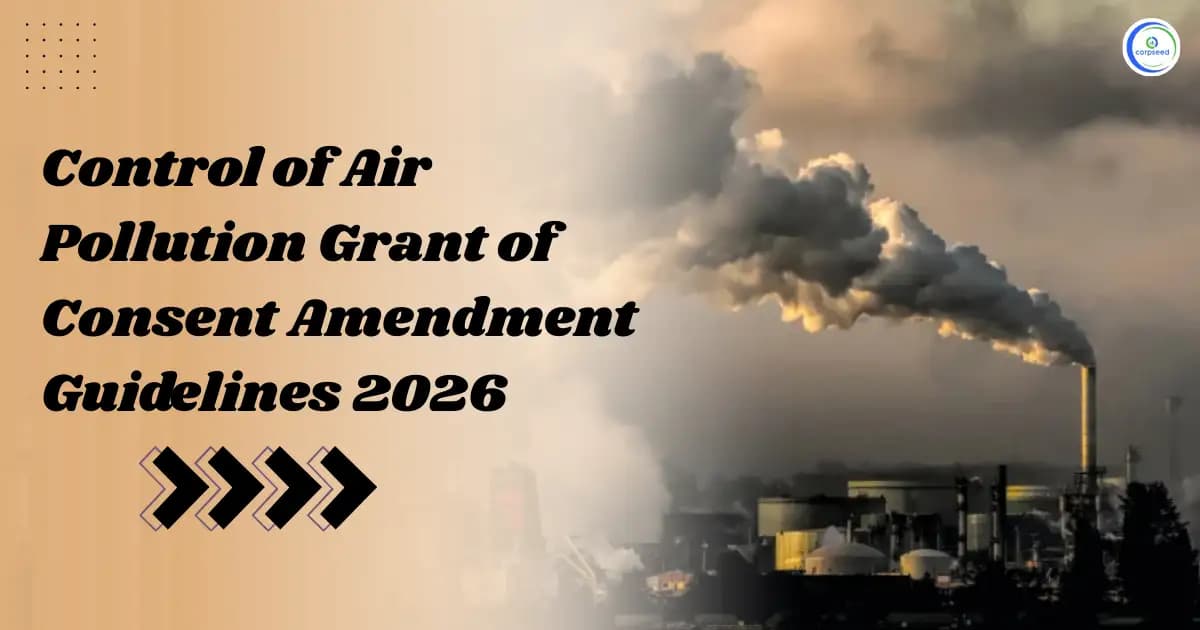
Control of Air Pollution Grant of Consent Amendment Guidelines 2026
2026-02-05

How To Get An Environmental Audit Certificate: Requirements, Fees, Documentation, & Complete Guide
2026-01-05
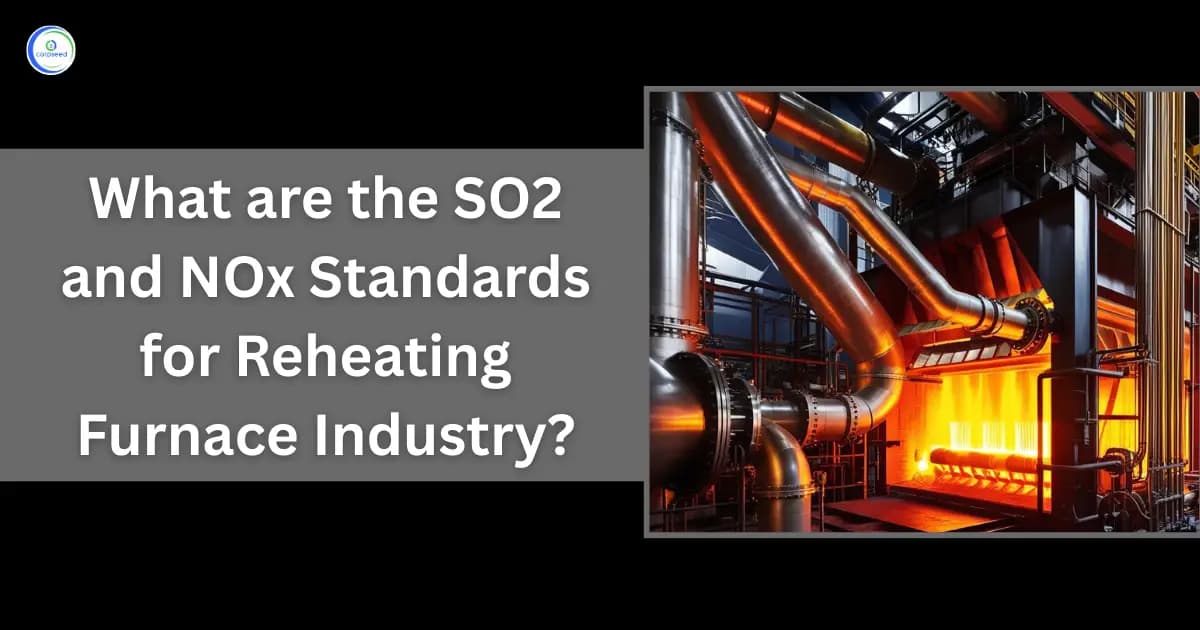
What are the SO2 and NOx Standards for Reheating Furnace Industry?
2025-05-15
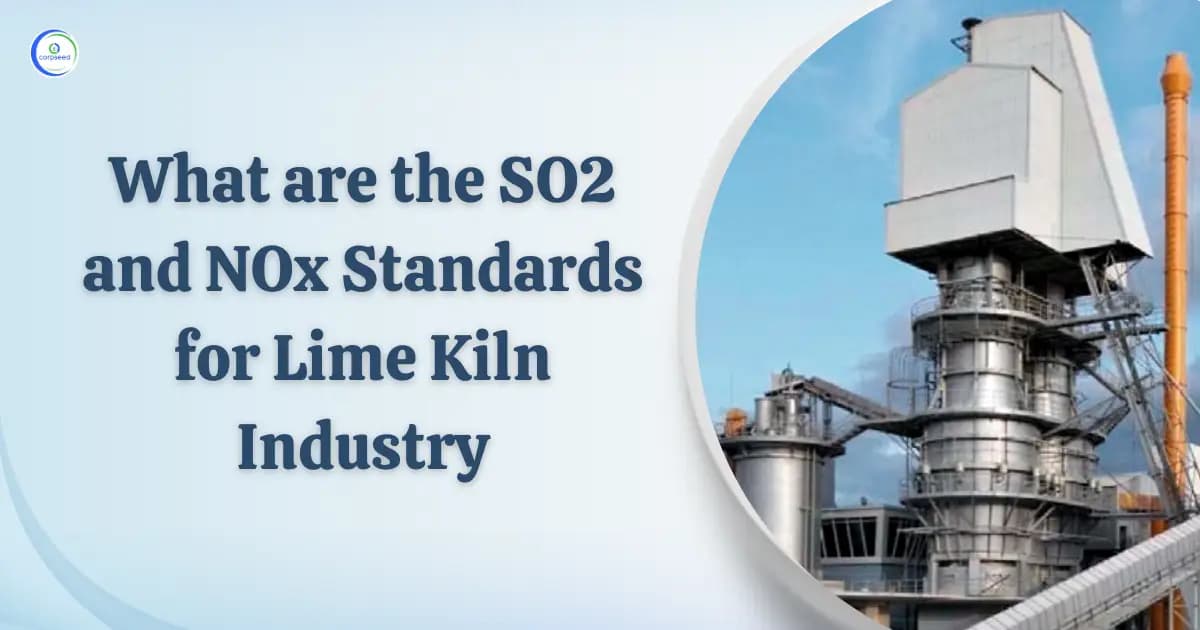
What are the SO2 and NOx Standards for Lime Kiln Industry?
2025-05-12
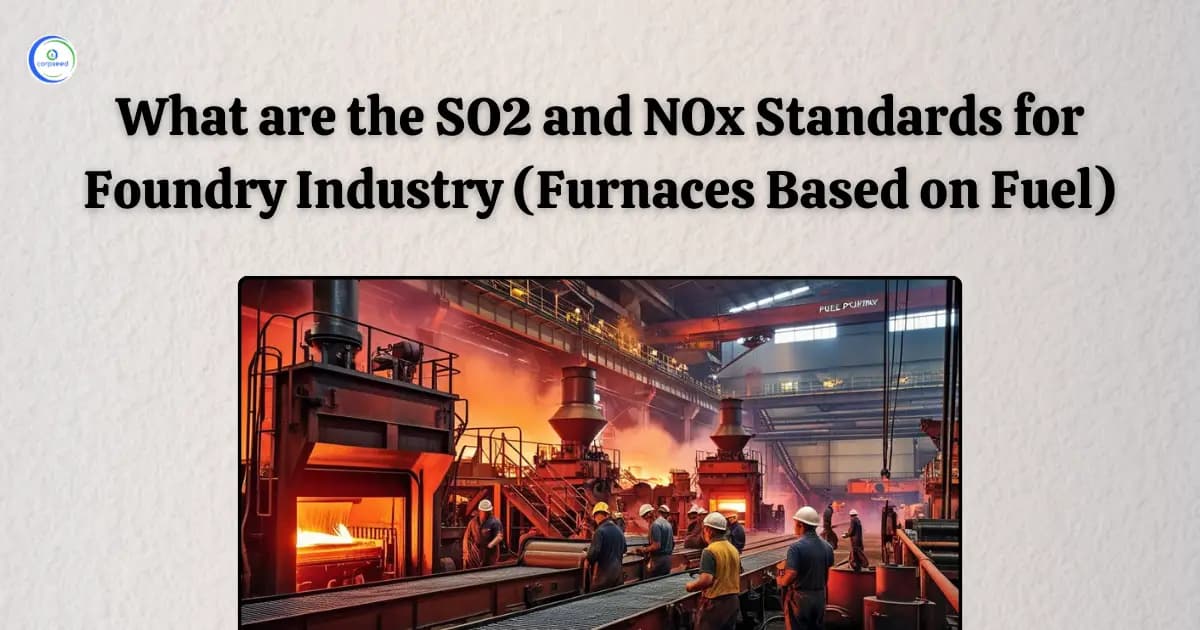
What are the SO2 and NOx Standards for Foundry Industry (Furnaces Based on Fuel)?
2025-05-09
Delhi Legal Metrology (Enforcement) Amendment Rules, 2026
2026-02-24 • 0 views
2023-02-27
2026-02-25